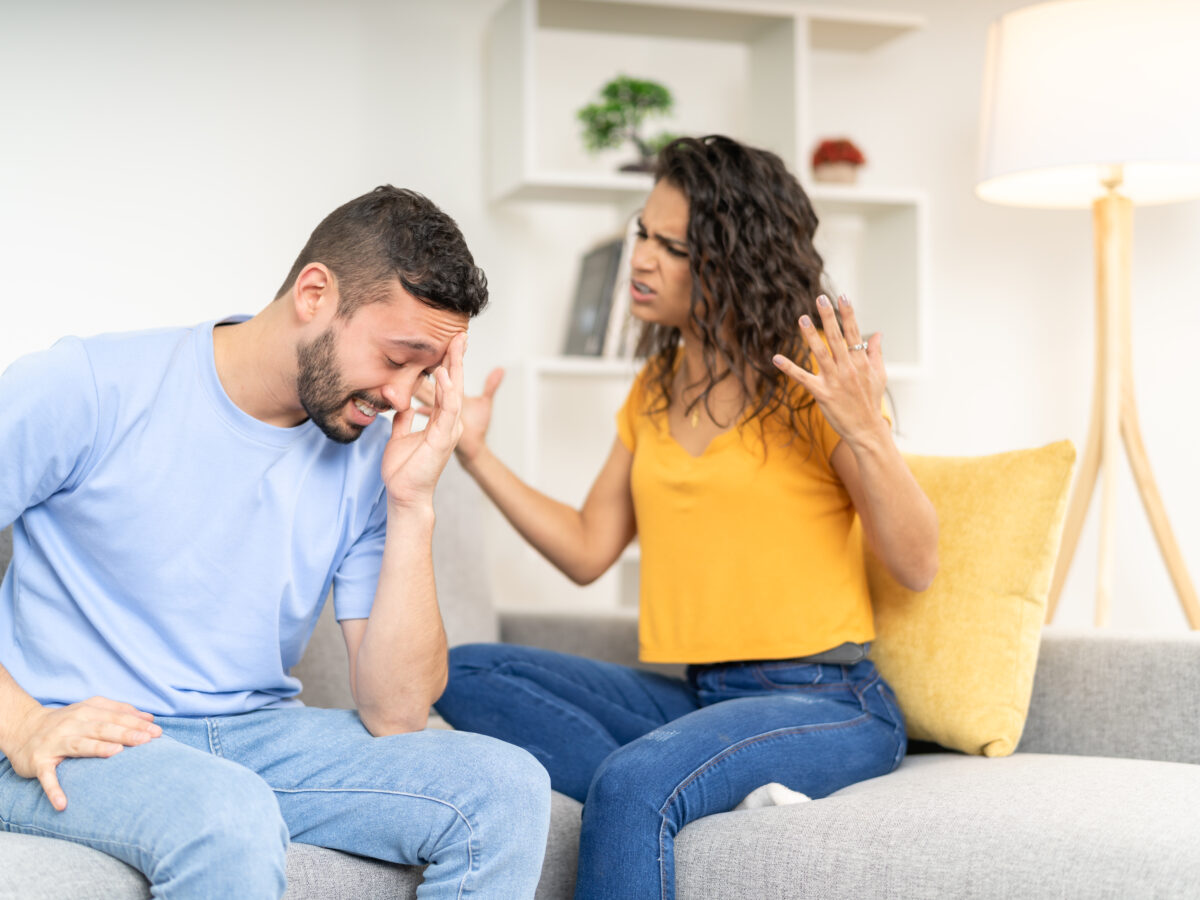Leaving a toxic relationship can feel like losing a part of yourself. A toxic relationship is any connection that damages your mental health and self-esteem. In such relationships, you may have felt drained, insecure, or even traumatized. How to cope with a toxic relationship means learning to heal, rebuild confidence, and move forward. This guide offers practical recovery steps, from emotional healing to self-care, and highlights how professional support, including Online Relationship Counseling, can help you thrive after toxicity.
Recognize the Lasting Impact
First, understand that the emotional impact of a toxic relationship can be deep and long-lasting. You may experience waves of grief, regret, or even relief, and it’s normal to feel out of control as these emotions surface. The trauma of abuse or toxicity isn’t over simply because the relationship ended. Survivors often report lower self-esteem, decreased confidence, and trust issues after leaving a toxic partner. Some people even develop post-traumatic stress symptoms long after the relationship ends. Recognizing these effects is the first step toward healing. It helps to remind yourself that what happened was not your fault and that these reactions are common responses to toxic experiences.
Practical Recovery Strategies
Healing is a process that takes time and supportive action. Consider these practical steps to cope and recover:
Each person’s journey is unique, so move at your own pace and be patient. It’s normal to have setbacks; some days will feel better than others. Over time, and with no contact, the intensity of painful emotions tends to lessen.

Seek Professional Support (Including Online Counseling)
You don’t have to heal alone. Professional help can make a big difference in coping after a toxic relationship. A licensed therapist or counselor can provide a safe space to process what happened and teach you coping tools. They can reassure you that you’re not to blame and help you work through complex feelings of anger, grief, or guilt.
Online Relationship Counseling is an especially flexible way to get professional support. Online therapy allows you to connect with trained therapists from home, reducing the barriers of time, location, or cost. Many online counselors offer evening or weekend appointments, and some provide more affordable rates. Insurance providers are also increasingly covering online therapy sessions.
Online counseling can also feel more approachable. Because sessions happen in your own space, it can be easier to open up. Many people find that virtual therapy allows them to be honest and vulnerable in a way they couldn’t in person.
When choosing counseling, look for licensed professionals who specialize in trauma or relationship issues. Whether you attend as a couple or an individual, the key is to reach out. Online Relationship Counseling offers confidentiality and convenience, which can help you commit to healing.
Conclusion: Moving Forward with Hope
Recovery from a toxic relationship is a journey, but you can heal and grow stronger. It might take weeks or months (or more), but your feelings will change over time. Be patient and kind to yourself. Celebrate each small step: sleeping better one night, going a day without tears, or enjoying a hobby you thought you’d lost. You deserve healthy, loving relationships.
By setting boundaries, nurturing yourself, and seeking support, you reclaim your self-worth and prepare for a healthier future. You’re not alone, and help is available through professional support like Online Relationship Counseling. With time and effort, you’ll move forward from pain to peace, and from survival to true emotional strength.
Related Articles:
Signs You’re in a Toxic Relationship and How to Fix It
Strengthen Your Bond: Online Relationship Counseling at Manochikitsa
Choose Your Session: Reclaim Your Life from Toxic Relationships
Signs of a toxic relationship. How to walk away from a toxic relationship
Online Counseling for Relationship Issues: Save Your Relationship or Exit a Toxic One


